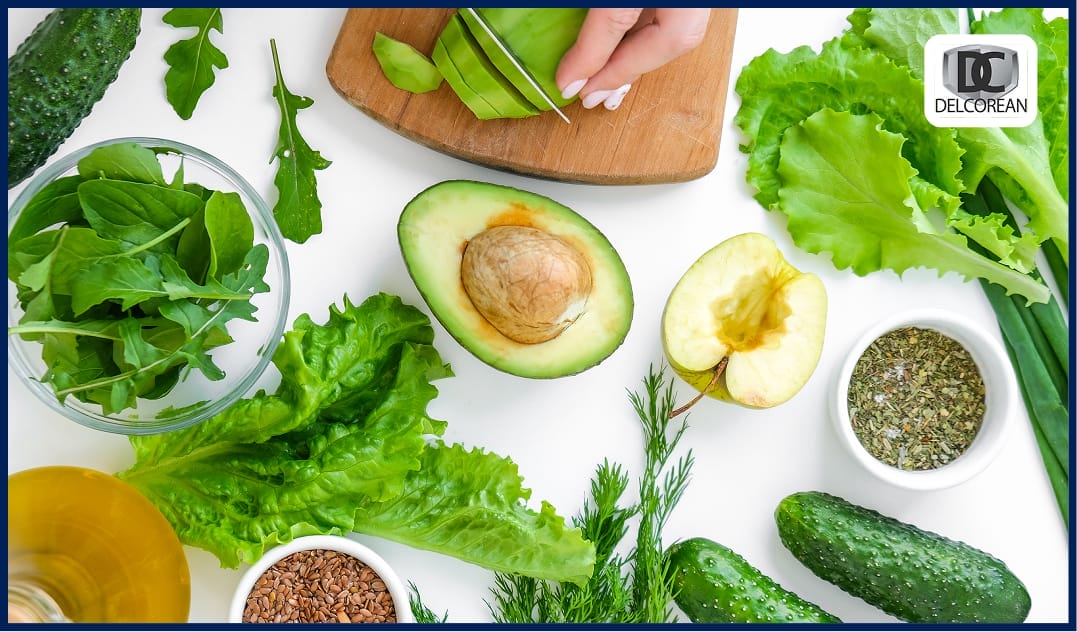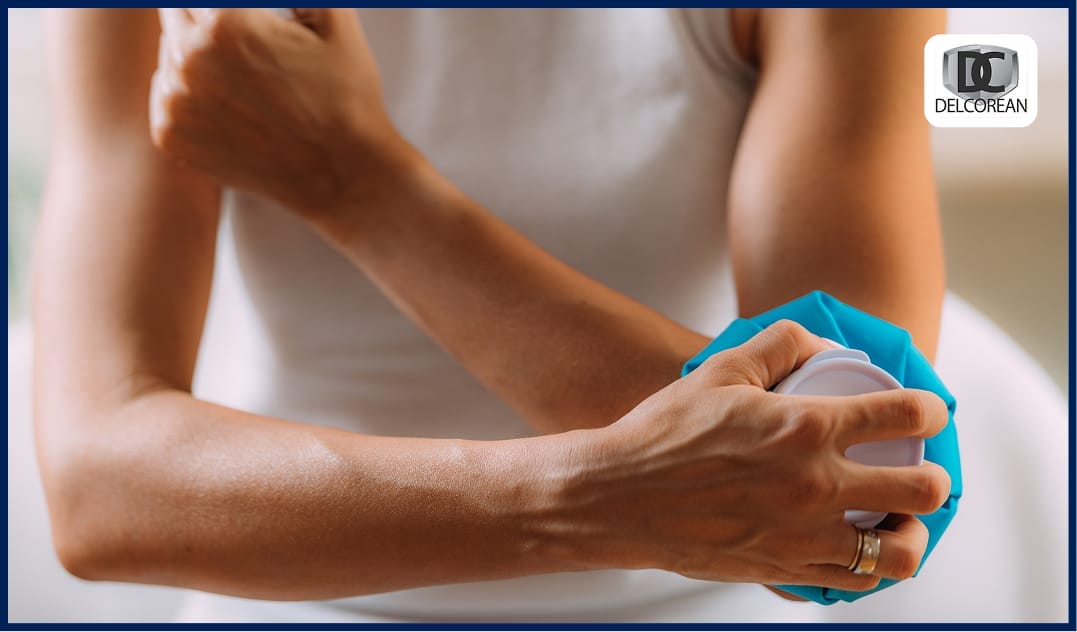That sharp, sudden pain shooting through your leg in the middle of the night doesn’t care if you have a big meeting in the morning—it stops you in your tracks, wide awake and wincing. Leg cramps can be painful and often come on fast, which is why many people search for natural remedies for leg cramps to find relief.
The cramps may start when you go for a run in the morning. They might even hit just as you are getting into bed at night. No matter when they show up, you feel tired of always worrying about when the next painful time will be. You’re looking for real, lasting relief—not just a quick fix that fades fast.
The truth is, leg cramps are something that many people have. These cramps are not usually dangerous. But, they can really get in the way of your good quality of life. The good news is that there are natural remedies out there. Many people use them and notice a difference. If you try these remedies, you may find some peace and feel better, too.
Understanding What Causes Leg Cramps
Before we talk about natural ways to help with leg cramps, it’s important to know why they happen. Leg cramps happen when your muscles contract suddenly and involuntarily. These spasms can be triggered by dehydration, an imbalance of electrolytes, overuse during physical activity, poor circulation, nerve compression, medications, aging, or underlying health conditions.
Let’s look at eight natural remedies that can help you feel better and potentially stop the problem from happening again.
1. Stay Hydrated and Balance Your Electrolytes
One thing that often causes leg cramps is dehydration and having the wrong balance of electrolytes. Your muscles need water and a steady supply of electrolytes—like potassium, calcium, and magnesium—to function properly. When those levels drop, cramps can follow.
To help with dehydration, you should drink plenty of water during the day. Try to have 8 to 10 glasses. It is also good to eat foods that are high in electrolytes. After you work out, you can have natural coconut water. You should stay away from too much caffeine and alcohol, as these drinks can make you lose even more water.

2. Incorporate Magnesium-Rich Foods
Magnesium is essential for how your muscles and nerves work. If you do not get enough magnesium, you may have more cramping. This mineral helps all of us feel good and can cut down on cramps.
Try to include dark leafy greens in your meals, like spinach and kale. You could also eat nuts and seeds like almonds and pumpkin seeds. Whole grains, avocados, dark chocolate, and bananas are good choices too. Many people report that consuming more foods rich in magnesium or taking supplements helps reduce the frequency of leg cramps.
3. Gentle Stretching and Movement
Stretching your body regularly, especially before bedtime, can help prevent leg cramps at night. You should stretch your calves, hamstrings, and quads. This can be good for you if you get nighttime leg cramps regularly. Stretching helps your legs feel better and works for many people.
Try these three great stretching techniques:
-
Calf stretch: Stand about arm’s length from the wall. Lean forward and press your hands on the wall.
-
Hamstring stretch: Sit down and stretch one leg out in front of you. Gently reach toward your toes.
-
Quad stretch: Stand up straight. Pull one foot up behind you toward your butt.
-
Hold each stretch for 15 to 30 seconds. Repeat each one 2 or 3 times.
These stretching moves can help you feel better and more ready for the day.
When you get a cramp, try to stretch the muscle that hurts slowly. This can help you feel better right away.

4. Apply Heat or Cold Therapy
Temperature therapy is an old way to help muscle pain and cramping. Heat therapy means placing a warm compress, using a heating pad, or taking a warm bath. This will allow blood flow and relax the muscles. Cold therapy involves applying an ice pack wrapped in a towel to your skin. This can help lower inflammation and numb pain when it becomes severe.
Many people say they get the most relief when they use both heat and cold, one after the other.
5. Try Essential Oil Massage
Aromatherapy, when used with a gentle massage, can help alleviate tight muscles. Some essential oils, such as lavender, peppermint, and eucalyptus, can help alleviate muscle pain by reducing swelling and promoting relaxation.
To get the most out of essential oils, first mix them with a carrier oil like coconut, jojoba, or olive oil. Then, slowly massage the spot that hurts. Use circular movements. Pay extra attention to places that feel tight or have trigger points. A massage with these healing oils can help give quick relief. It can also bring lasting comfort over time.
6. Maintain a Balanced Diet Rich in Potassium
Potassium helps the body work in several ways. It’s important for muscle contractions and nerve signals. If you do not get enough potassium in your diet, you might feel cramping. This is why potassium matters for muscles and nerves.
Include these potassium-rich foods in your diet:
-
Bananas
-
Sweet potatoes
-
Spinach
-
Coconut water
-
White beans
-
Salmon
-
Oranges and citrus fruits
-
Yogurt and dairy products
Eating these foods often can help your body keep a good balance of electrolytes. This may help lower the chances of cramping.

7. Practice Stress-Reduction Techniques
Chronic stress and anxiety can lead to muscle tension and cramping. You have to find good ways to manage stress. This is important for the health of your muscles.
Effective stress-reduction methods include:
-
Deep breathing exercises and meditation help you feel calm. They can be done at any time. Taking some slow breaths makes your body feel better.
-
Gentle yoga and mindfulness practice are good for your mind and body. You can do some simple stretches each day. This helps you feel good and stay relaxed.
-
Maintaining a regular sleep schedule is important. Try to go to bed and wake up at the same time every day. This helps your body rest and feel fresh each morning.
-
Journaling and creative expression can help you feel better inside. Write down your thoughts, or draw something. These things let you see how you feel and get it out.
-
Regular physical activity is good for you. A walk, jogging, or any movement can make you feel strong. It helps your body stay healthy.
-
Spending time in nature can also be calming. Take some time to go outside. You will feel relaxed and see new things around you.
When your body is calm, your muscles do not spasm as much. Spasms are less likely to happen when you are not tense.
8. Improve Your Sleep Position and Environment
Bad sleep positions can cause nighttime leg cramps. You can help fix this by changing the way you sleep. A few easy changes in your sleeping setup can help with leg cramps. It can make things feel better at night.
Optimize your sleep for cramp prevention:
-
Keep your feet flat and do not point your toes.
-
If you sleep on your side, have a pillow between your knees.
-
Make sure your sheets are not too tight on your feet.
-
Keep your room at a temperature that feels good to you.
-
A footboard can help to stop your feet from sliding down while you sleep.
-
If you experience frequent cramping, try placing a pillow under your legs to slightly elevate them.
Related Article: Home Remedies For Leg Cramps
When Natural Remedies Need a Helping Hand: Introducing Cramp911
There are some remedies that help with cramping, and many people find these to be good options. But sometimes that pain is intense, and you may want faster help right away. At those times when cramps come out of nowhere and feel bad, you may just need a way to feel better quickly.
That’s where Cramp911 helps. This roll-on is designed to provide quick relief when you experience muscle cramps and spasms. Oral medicines may need more time to go through your body and start to work. But Cramp911 lets you use its formula right on the spot where it hurts, so the pain gets better quickly.
Cramp911 stands out because it lets you feel better faster. You can put it on the exact spot you need with the easy roll-on. It’s small, so you can take it with you when you go somewhere, or keep it next to your bed. It works well with the natural ways you already use to try and stop cramps.
Many people say that using both natural ways and Cramp911 helps them with leg cramps and foot cramps at night. The combination of these two can provide a good way to manage sudden cramps and prevent them from recurring. This can be the best way for them to manage leg cramps and feel better.
Creating Your Personal Cramp Prevention Plan
The best way to deal with leg cramps is to try remedies that feel right for you. Pick one or two things that help first if you need to, and use over time. Keep testing what works for your leg cramps and see what makes you feel good.
Remember, staying the same is important. The remedies you use may need time to work well. So, give yourself time and be kind to yourself when you try new things. Don’t rush. Stick with your new habits, and good changes will come.
When to Seek Medical Advice
Most leg cramps are not severe. But you should see a healthcare provider if you get cramping often or if the cramps are very bad and do not get better with natural remedies. You should also get help if you have a cramp and notice swelling, redness, or changes to your skin. If you have pain that lasts even after the cramp is gone, or if the cramps make it hard for you to sleep or do your everyday activities, it’s important to talk to someone about it.
Moving Forward with Confidence
Leg cramps don’t have to stop you from doing the things you enjoy. You can try simple remedies for leg cramps and feel better. When you have bad cramps, keep Cramp911 ready. Cramp911 is your on-the-go backup plan—quick, effective, and ready when you need it. Combined with natural strategies, it gives you more control, more comfort, and fewer painful interruptions in your life.
Remember, each small action you take helps your muscles in a good way. Every one of these steps is something you can feel happy about. In time, you will sleep better through the night without cramping getting in your way. Your future self will be glad you made the effort.


